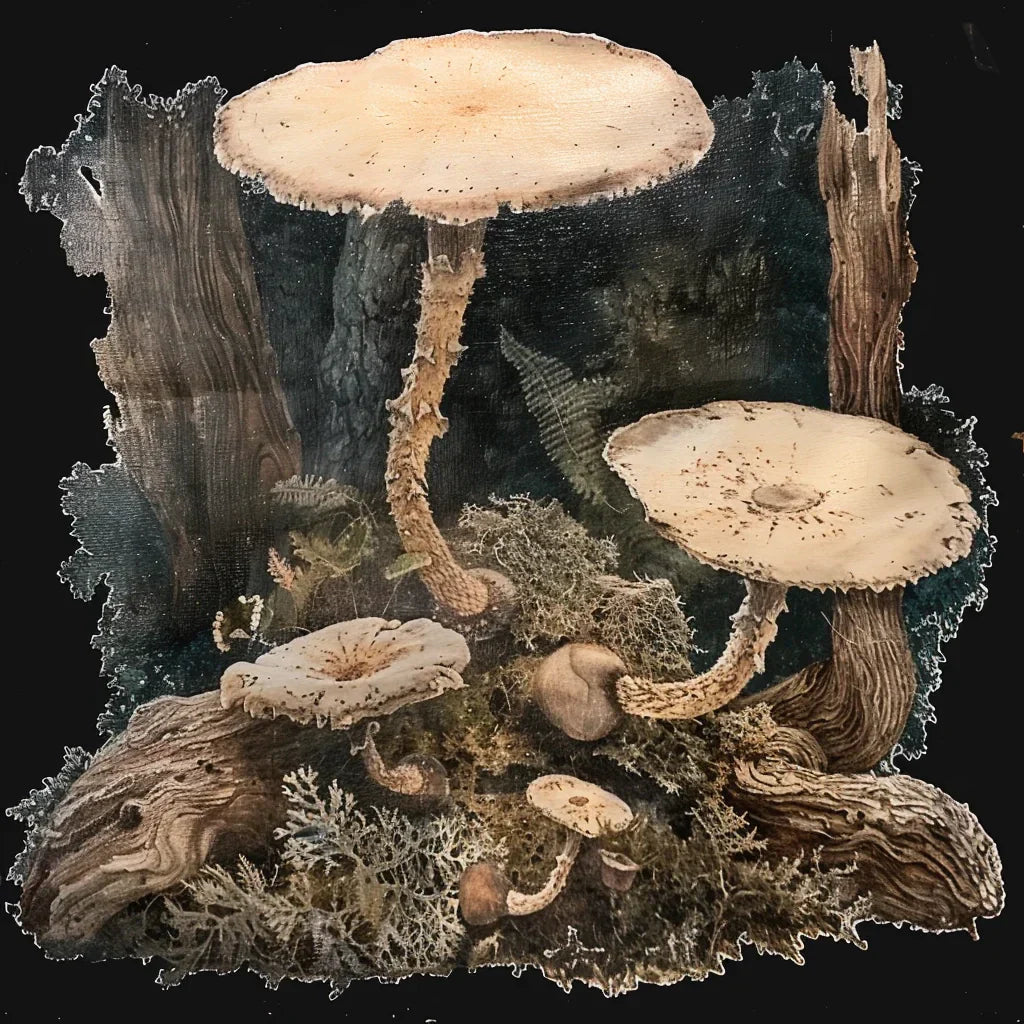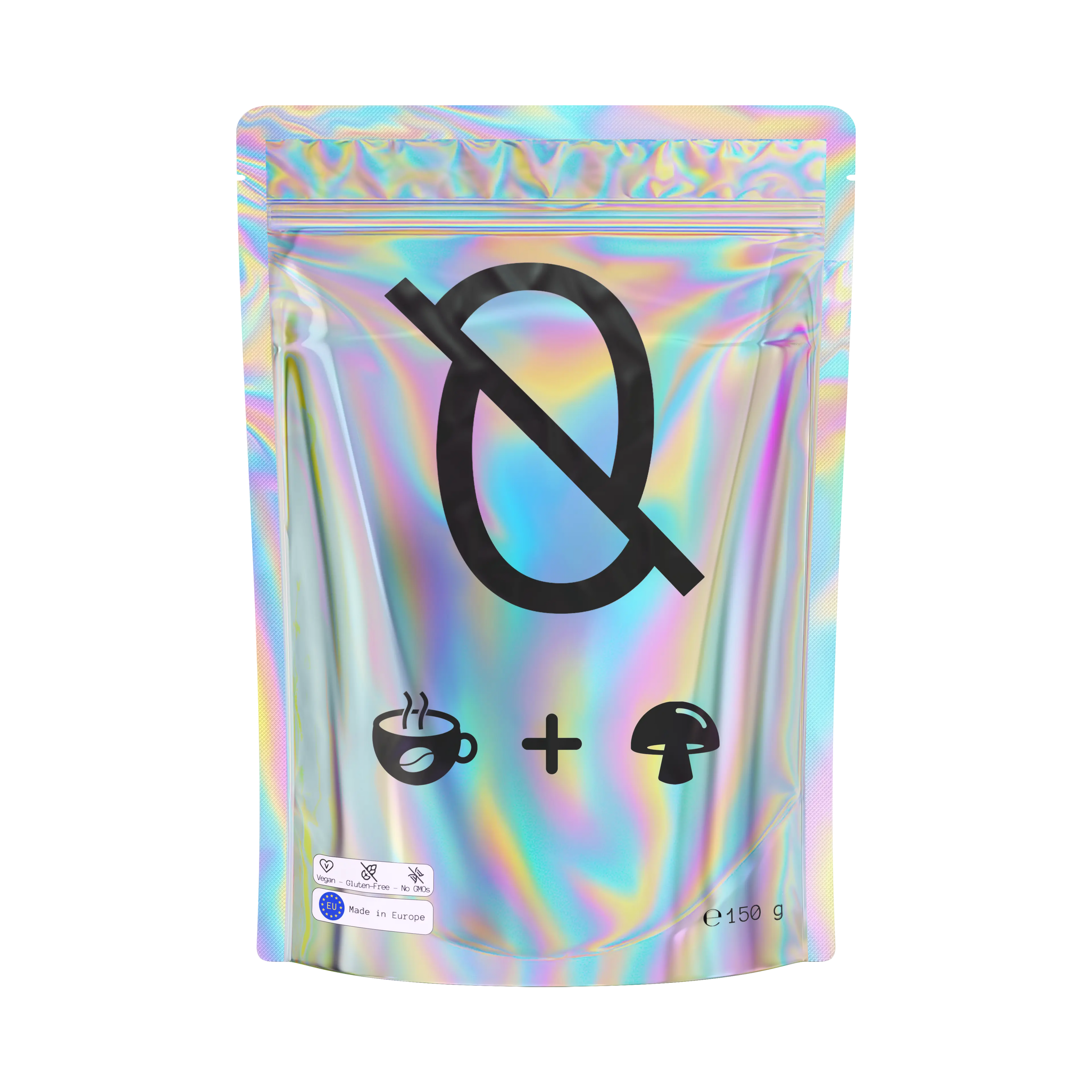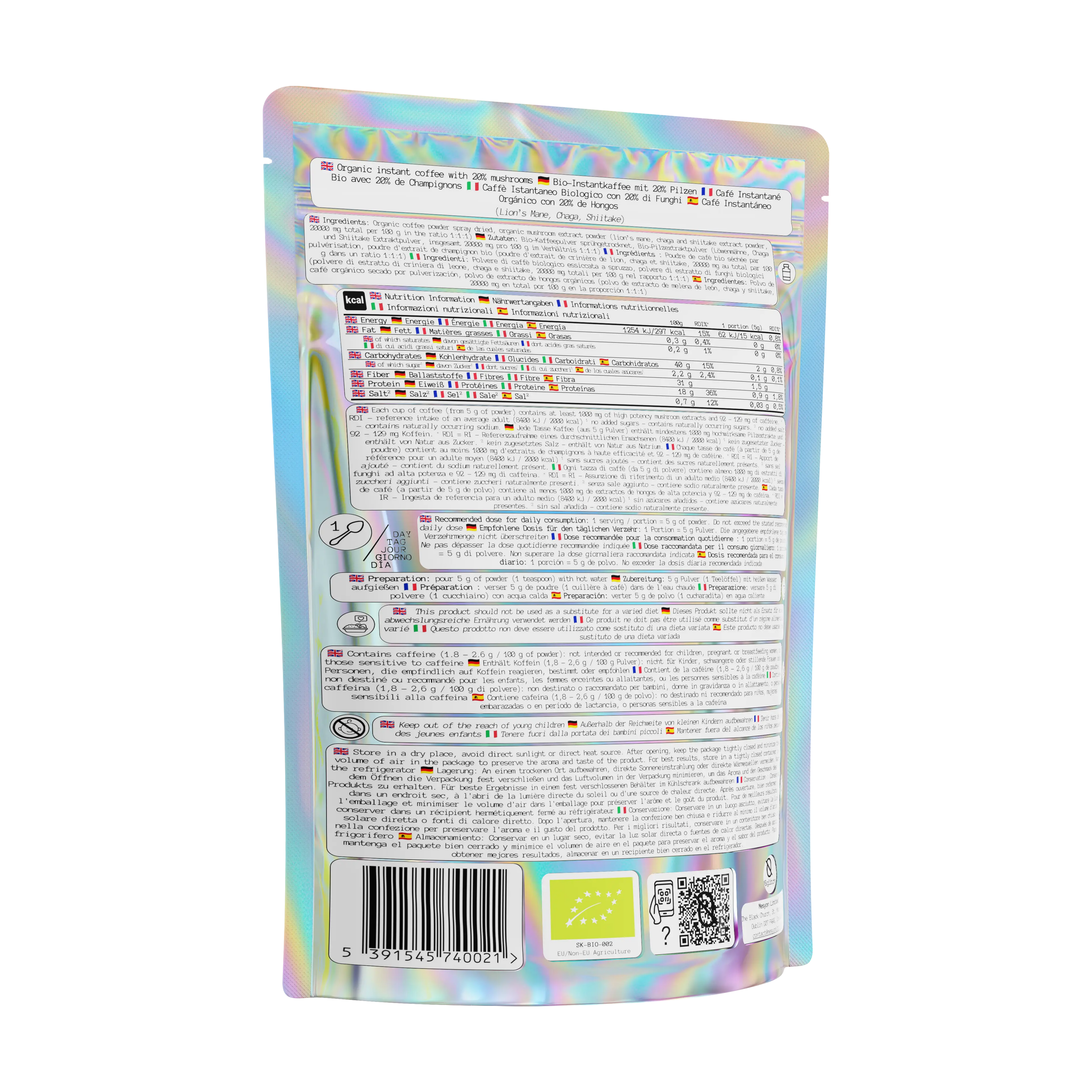
Discover the Remarkable Health Benefits of Lignosus Rhinocerus (Tiger Milk Mushroom)
The Lignosus, commonly referred to as the Tiger Milk Mushroom, is a rare and highly valued medicinal mushroom found predominantly in tropical parts of Asia. This intriguing fungus has long been used by indigenous communities to treat various ailments and improve overall health. In recent years, scientific research has begun to uncover the myriad of incredible benefits this natural remedy offers, validating its traditional uses while identifying even more potential applications.
A Brief Introduction to Tiger Milk Mushroom (Lignosus Rhinocerus)
The Tiger Milk Mushroom (Lignosus rhinocerus) got its nickname from the striking white-yellowish droplets it exudes when cut open that resemble drops of tiger milk. It grows mainly on the roots of hardwood trees in dense forests across Malaysia, Singapore, Indonesia, and southern China, making it both difficult to find and expensive to obtain.
Despite its rarity, the mushroom has played an essential role in traditional medicine practices for centuries among local people in these regions, particularly for respiratory issues like coughs and phlegm, breathing difficulties, chronic mucus production, and even asthma. Antioxidant properties have also been attributed to this exceptional fungus, which contributes to its growing popularity as a herbal supplement and functional food worldwide.
Scientifically Proven Health Benefits of Lignosus
Modern research on the Tiger Milk Mushroom's bioactive compounds confirms many traditional claims while revealing additional advantages to incorporating it into a healthy lifestyle. Some of these well-documented benefits include:
- Anti-inflammatory effects
- Immunomodulatory activity
- Antioxidant capabilities
- Antitumor properties
- Antiviral and antibacterial benefits
- Respiratory system support
Anti-Inflammatory Effects
Inflammation is a natural immune response that helps fend off invaders like bacteria, viruses, and toxins. However, when inflammation becomes chronic, it contributes to various illnesses like heart disease, diabetes, and arthritis. One of the most impressive properties of Lignosus extract is its potent anti-inflammatory effect, which can help alleviate symptoms associated with these common chronic conditions.
Immunomodulatory Activity
A strong immune system is essential for maintaining overall health and wellness. The Tiger Milk Mushroom possesses an ability to modulate the immune system by enhancing or suppressing specific activities depending on individual needs. By doing so, this unique fungus can aid in fighting infections, reducing allergies, and promoting general wellbeing.
Antioxidant Capabilities
Oxidative stress occurs when free radicals outpace the body's antioxidant defenses, causing damage to cells and contributing to aging and diseases like cancer, neurodegenerative disorders, and cardiovascular problems. Rich in antioxidants, Lignosus acts as a powerful remedy against oxidative stress, neutralizing harmful free radicals and protecting cells from damage caused by these unstable molecules.
Antitumor Properties
The potential anticancer effects of Tiger Milk Mushroom extracts have garnered significant attention in recent years. Studies have demonstrated that certain bioactive compounds found within Lignosus exhibit remarkable antitumor activity by inducing apoptosis (programmed cell death) in cancer cells and inhibiting the growth and spread of tumors. These findings point to the mushroom's potential as a natural adjunct therapy for cancer treatment.
Antiviral and Antibacterial Benefits
With antibiotic-resistant infections on the rise, alternative treatments that combat bacteria and viruses are more important than ever. Research indicates that Lignosus extract may offer antimicrobial benefits by preventing the growth and replication of various bacteria and viruses. This makes it an attractive option for those looking to fortify their defenses against infectious diseases.
Supporting Respiratory Health with Tiger Milk Mushroom
The primary traditional use of Lignosus centers around respiratory health, especially relieving coughs, excess phlegm production, and breathing difficulties. Modern research supports these uses, revealing specific bioactive compounds in Tiger Milk Mushroom that effectively alleviate respiratory ailments:
- Polysaccharides: These complex carbohydrates have been shown to stimulate mucus-clearing activity in the respiratory system, easing coughs and congestion.
- Triterpenoids: Known to exhibit bronchodilator effects, triterpenoids help relax airway muscles, leading to improved breathing and reduced respiratory distress.
Improvement for Asthma Sufferers
Asthma is a chronic condition characterized by inflamed and constricted airways, resulting in more difficult and labored breathing. Due to its anti-inflammatory and bronchodilating properties, some studies suggest that Lignosus supplementation could be beneficial for asthma sufferers in reducing symptoms and improving quality of life.
Incorporating Lignosus into Your Wellness Routine
Tiger Milk Mushroom can be enjoyed in various forms, including powdered supplements, capsules, or even brewed as a tea. When selecting a Lignosus product, look for high-quality options from reputable manufacturers to ensure optimal benefits and safety.
As with any supplement or natural remedy, it's recommended to consult with a healthcare professional before incorporating Lignosus into your wellness routine. This is particularly important for those with pre-existing medical conditions or taking medications, as potential interactions or side effects may occur.
The remarkable features of the Tiger Milk Mushroom extend far beyond its unique appearance and folklore. As research continues to uncover more about this rare fungus, it becomes increasingly evident that Lignosus has much to offer in terms of supporting health and wellbeing.
0 comments
Disclaimer
The information in this article is for educational and informational purposes only. If this article discusses psychedelics, supplements, or wellness practices, it is not intended to promote, endorse, or encourage illegal activities or unverified health claims.
n0glitch does not sell or distribute psychedelic substances and does not provide medical, legal, or professional advice. Always consult a qualified healthcare provider before making health-related decisions.
Laws regarding psychedelics and supplements vary by country and region. Please research and comply with local regulations.













